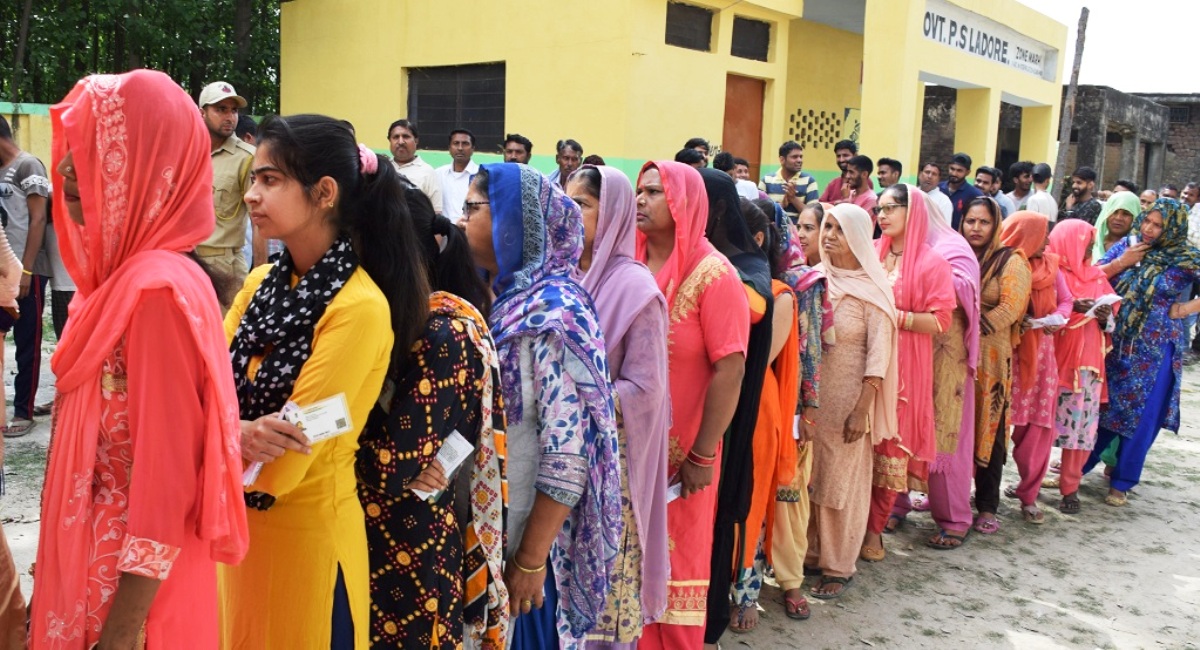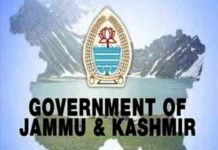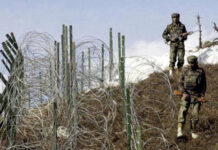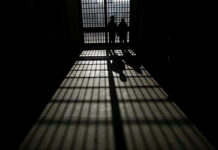SRINAGAR: Visiting at a time when Sri Lanka is facing the music for cremating the Muslim victims of the Covid-19 pandemic, Pakistan Prime Minister Imran Khan talked about Kashmir insisting that it is Pakistan’s only dispute with India. He said he did approach Prime Minister Narendra Modi soon after he was elected as the Prime Minister.
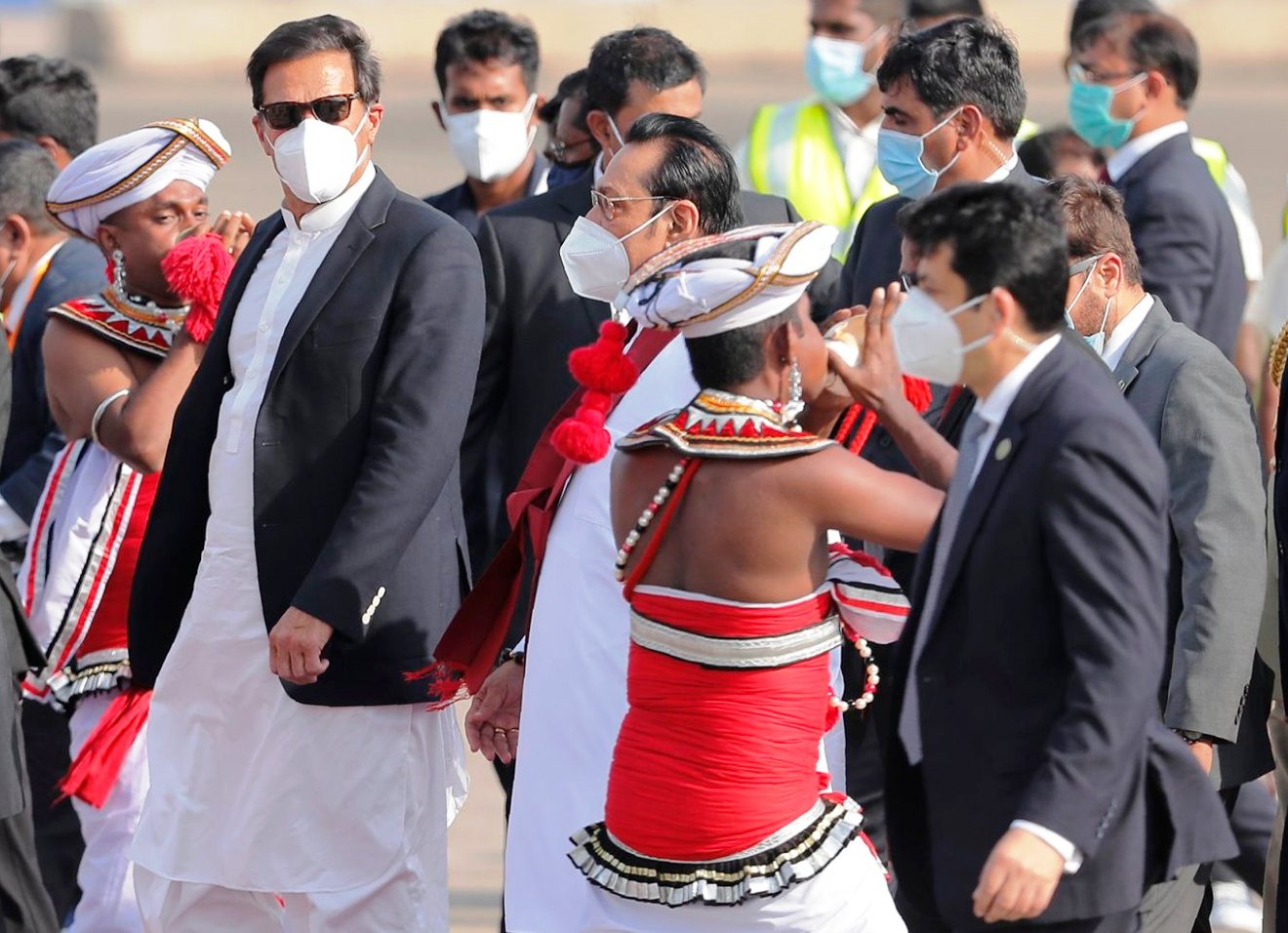
Kashmir In Trade Meet
“Our [India-Pakistan] only dispute is Kashmir and it can only be resolved through dialogue,” India Today quoted Khan telling the Sri Lanka-Pakistan Trade and Investment Conference, which he co-chaired with his Sri Lankan counterpart Mahinda Rajapaksa. “Immediately when I came into power, I approached our neighbour India and explained to Prime Minister Narendra Modi that the way forward for the subcontinent is to resolve our differences through dialogue.”
Revealing his failure but insisting that he is still hopeful, Khan said: “I did not succeed but I am optimistic that eventually, sense will prevail. The only way the subcontinent can tackle poverty is by improving trade relations.”
Muslim Cremations
Khan, who was permitted by India to use its airspace for flying to the island nation for two days, had been requested by Amnesty International to take up the burial rights of Muslims during his visit. On Tuesday when Khan touched down Colombo, AFP reported that a group of minority Muslims carried a mock janazah, or coffin, denouncing the ban on burials. Though Colombo had earlier said it will permit burials, the administration maintained the status quo ante. Since April 2020, Sri Lanka is not permitting the burial of the Covid-19 victims and in December, as many as 19 Muslims including a baby, were cremated amid protests by the respective families.
The forced cremation triggered a global concern, especially in the Muslim world. Neighbour Maldives even publicly offered to “assist Sri Lanka in facilitating Islamic funeral rites in the Maldives for Sri Lankan Muslims succumbing to Covid-19 pandemic.”
During our bilateral discussions earlier this evening, Prime Minister @ImranKhanPTI and I agreed to work closely towards enhancing our bilateral cooperation in the economic sector and a number of other areas including trade, investment, science, technology, defense and education. pic.twitter.com/7PHCWvTXOj
— Mahinda Rajapaksa (@PresRajapaksa) February 23, 2021
“The government first banned burials in April amid concerns – which experts say are baseless – by influential Buddhist monks that burying bodies could contaminate groundwater and spread the virus,” AFP reported. “The World Health Organization (WHO) has said there is no such risk, recommending both burial and cremation of virus victims.”
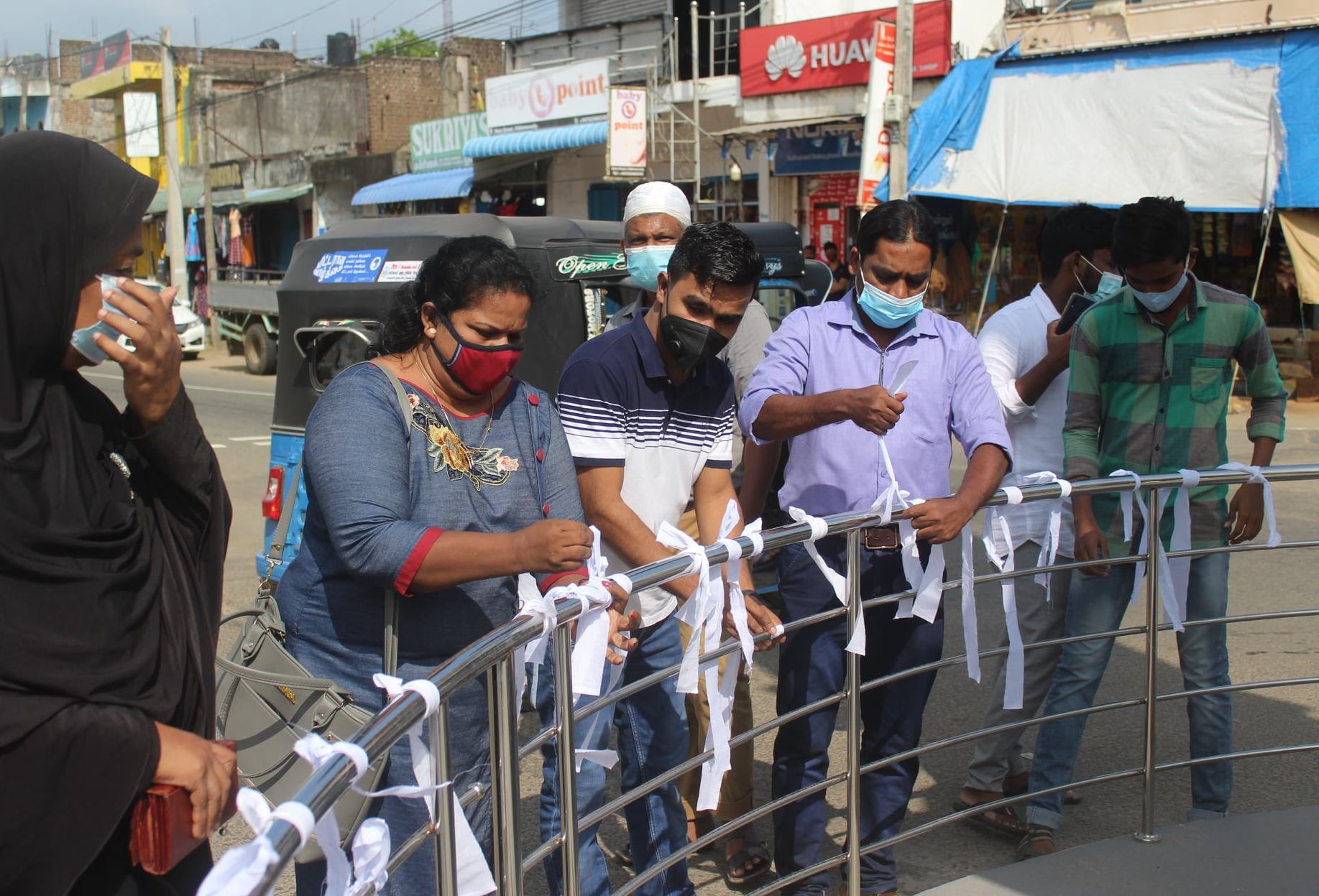
Discrimination
Muslim leaders claim that more than half the 450 Covid-19 victims were Muslims, who form roughly 10 per cent of the 21 million population. “Muslims have a disproportionate number of fatalities because they don’t seek treatment, fearing they will be cremated if they are diagnosed with the virus, they have said,” AFP added.
پرجوش خیرمقدم اور پُرعنایت میزبانی پر میں وزیراعظم جناب @PresRajapaksa
اور سری لنکا کے عوام کا شکرگزار ہوں۔ ?? ایک خاص دوست اور مضبوط شراکت دار ہے۔ میں اس تاثر سے متفق ہوں کہ دونوں ممالک کے مابین تعاون پر مبنی تعلقات استحکام و افزائش کی راہ پر باوقار پیش قدمی جاری رکھے ہوئے ہیں۔— Imran Khan (@ImranKhanPTI) February 25, 2021
“We are particularly concerned that the Government has implemented a policy of mandatory cremations for people who have died or are suspected as having died from Covid-19… The Government of Sri Lanka has yet to provide credible reasoning behind this seemingly arbitrary policy which continues to cause the Muslim community immeasurable grief,” Julie Verhaar, Acting Secretary-General of Amnesty International wrote to Khan, according to The Island Online. “Since burials are an essential part of a person’s last rites according to Islamic principles, forced cremations are an unjust and unnecessary infringement of the religious rights of Muslims. UN experts have referred to the forced cremation policy as a human rights violation that is “based on discrimination, aggressive nationalism and ethnocentrism amounting to the persecution of Muslims and other minorities in the country”.
At UNHRC
Eventually, eight families whose members were cremated forcibly petition the UN human rights body, the UNHRC. “All of the cremations took place in a forced and arbitrarily expedited manner, denying family members any opportunity to respect their religious and cultural beliefs. This has served only to exacerbate the terrible grief suffered by each family member and their community,” the group of families claimed in their complaint. “The practice of burial, and the associated religious rituals and practices, are central tenets of the Islamic faith, a faith which is practised by a persecuted minority in Sri Lanka.”
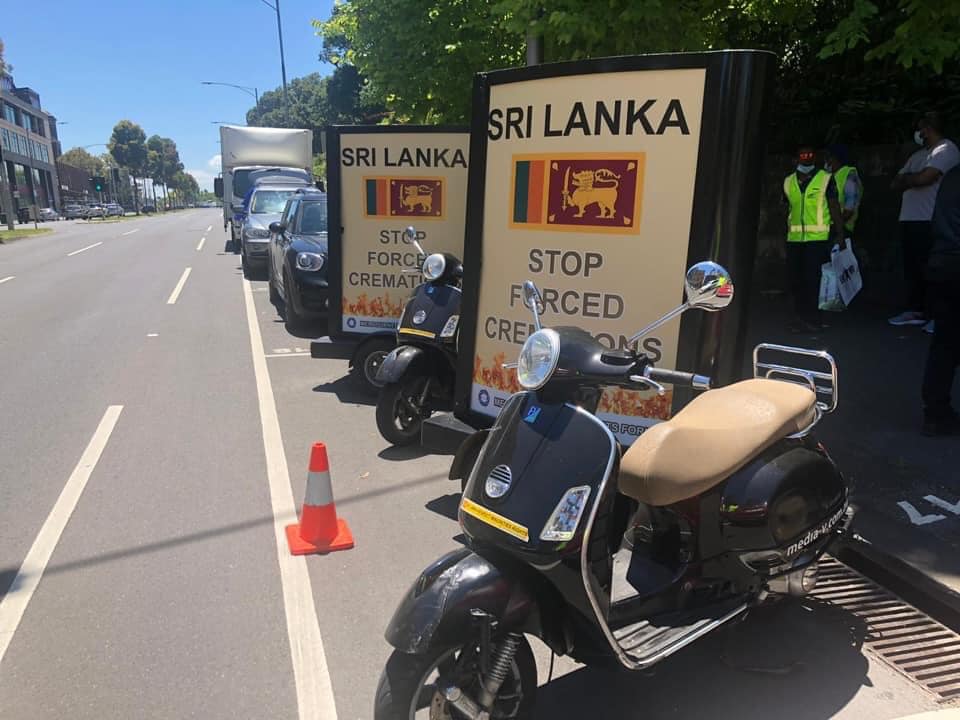
Now the issue is being debated in the UNHRC and the OIC is part of the entire debate. High Commissioner for Human Rights Michelle Bachelet said last month: “Sri Lanka’s Muslim community was being increasingly scapegoated, both in the context of COVID-19 and in the wake of the Easter Sunday attacks of April 2019.” The UN Body is planning a resolution by March so that the island nation’s human rights record is probed. Colombo needs as many heads to block the resolution or make it acceptable. It has already written a letter to Prime Minister Modi for help.
Hawking CPEC
During his visit, Khan has had a series of meetings. He met the cricket team captain, had one to one talk with the Prime Minister and the President, Gotabaya Rajapaksa. The delegation accompanied him had a detailed meeting with the counterparts in the foreign ministers. Eventually, addressed the bilateral trade grouping along with his counterpart.
Daily News, a major newspaper of Sri Lanka reported the visiting Pakistan leader announced a new US$ 50 million Defence Credit Line facility to the island nation. The Government of Pakistan has also announced 100 scholarships for Sri Lankan students in the fields of medicine as part of the Pakistan – Sri Lanka Higher Education Cooperation Programme, a joint communiqué issued by the Foreign Ministry on the visit of Pakistan Prime Minister Imran Khan said. The Pakistani government has also announced its initiative of establishing the Asian Civilization and Culture Centre at the University of Peradeniya while recognizing the importance of enhancing air connectivity to promote people-to-people contact, tourism, trade and culture between the two nations.
“Both countries have also expressed satisfaction at the existing bilateral cooperation in the field of defence and noted that the elevation of staff-level talks to a Defence Dialogue has further provided an opportunity to expand security sector relations,” the newspaper reported. “The two sides stressed the importance of realizing the goal of achieving US$ 1 billion bilateral trade (from the current US $ 460 million) target and also agreed to work towards broadening and deepening of Pakistan-Sri Lanka Free Trade Agreement.”
In his joint address to the media, along with his host, Khan, The Daily Mirror reported, Khan said he instructed his delegation “to explore the possibility of increasing Sri Lanka’s trade connectivity to the Central Asian region through the China-Pakistan Economic Corridor (CEPC) called by him as a flagship project of China’s Belt and Road Initiative (BRI)”.
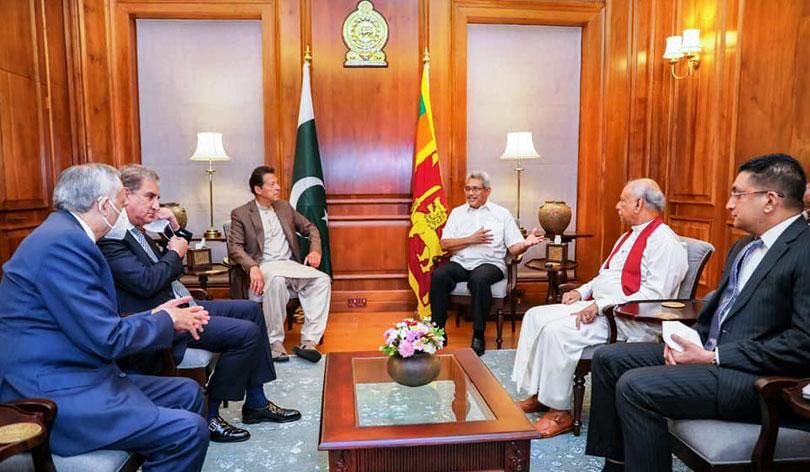
Cautious Coverage
However, what was interesting was that the media coverage of the otherwise high profile visit was cautious. Not everything about the visit seems to have been reported. There were quite a few editorial comments in the Sri Lankan media. An editorial in The Islands Online acknowledged Pakistan support in the fight against LTTE terror. “It was the multi-barrel rocket launchers Pakistan rushed here in the aftermath of the fall of Elephant Pass garrison, in 2000, that enabled the Army put the brakes on the ‘unceasing wave’ of the LTTE. Otherwise, the Tigers would have laid siege to Jaffna with ease, forcing the Army to withdraw its troops,” the editorial said.
“There were calls, in some quarters, for PM Khan to take up the issue of ‘forced burials’ with Colombo. They were obviously aimed at creating a media feeding frenzy and thereby giving the anti-Sri Lankan campaign in Geneva a boost. Pakistan and Sri Lanka have their own way of sorting out problems; never do they resort to megaphone diplomacy. But, the fact remains that mandatory burials have hurt the Muslim community beyond measure mostly because those who die of COVID-19 are allowed to be buried in other countries including those notorious for their antipathy towards Muslims. Some prominent Sri Lankan medical experts are of the view that the burial of pandemic victims should be permitted, provided the health regulations in place to prevent the spread of the pandemic are strictly followed.”
This newspaper regretted the cancellation of Khan’s speech to the parliament.
A Failure?
On the net outcome of the visit, analysts are unimpressed. “Beyond the ceremonial warm welcome, however, the visit has not offered much that Islamabad could describe as a foreign policy win. In fact, any such efforts on Pakistan’s part were quietly snubbed by Sri Lanka,” The Diplomat reported from Lahore. “Last week, Khan’s planned address to Sri Lanka’s parliament was abruptly cancelled. This is not something that can or should be, ignored if one is to talk about the strategic significance of the relationship. While Sri Lanka’s government cited scheduling issues and COVID-19 concerns in cancelling the address, many believe that may not have been the real reason. Reportedly, the decision was taken over concerns that Khan might use the opportunity to talk about Pakistan’s bilateral disputes with India, particularly the Kashmir situation and New Delhi’s alleged expansionist regional policy. Some Sri Lankan government sources were worried that Khan’s address may sour already strained ties with India after the cancellation of a major port deal.”
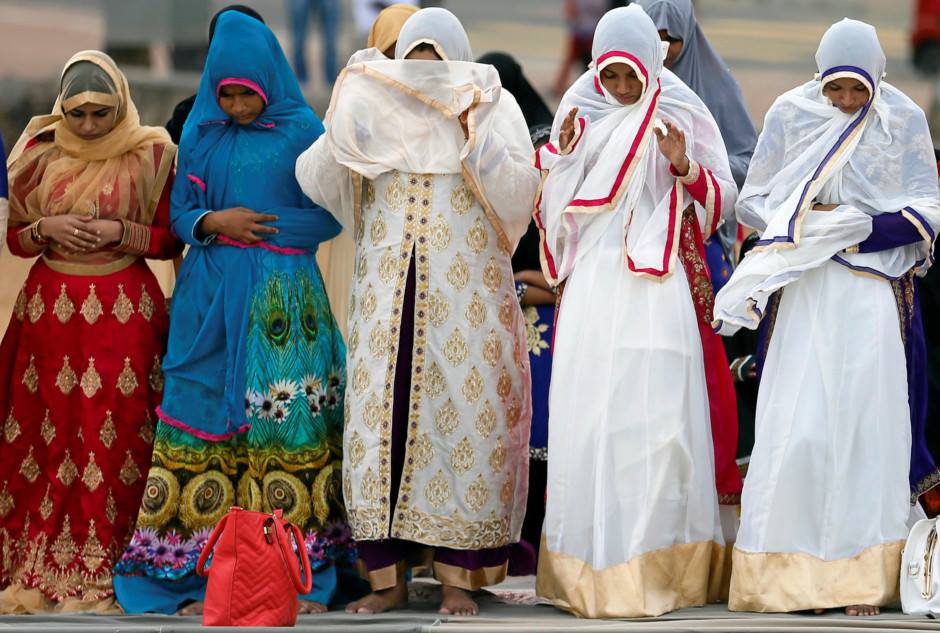
The Diplomat revealed that Colombo cited “security reasons” to reject a request by 15 Muslim parliamentarians to meet Imran Khan. It summarised the visit in a few lines: “Colombo has offered a visit marked with requisite pomp to Khan, but at the same made India happy by not allowing Islamabad to use the opportunity to voice anti-India concerns. Islamabad, on the other hand, is happy to ignore the issue of Muslims’ plight in Sri Lanka, just as the country has done in the case of Uyghur Muslims in China.”
Writing in The Citizen, analyst PK Balachandran indicated the visit was not as good a failure as it sounded He has written that Khan could emerge a factor in Sri Lankan Muslim politics. “Imran Khan’s intercession on the issue of the burial of the COVID-19 dead, might result in government’s lifting the ban on it, thus bringing the curtains down on the bitter conflict between the State and the Muslims, for whom burial is a mandated Islamic practice,” his write-up reads. “..Khan had told a group of Muslim MPs who met him prior to his departure, that he had taken up the matter with Prime Minister Mahinda Rajapaksa and President Gotabaya Rajapaksa and had secured “a positive response”.
Delhi’s Response
New Delhi, however, did not ignore what Khan said. “Our position is well-known. India desires normal neighbourly relations with Pakistan in an environment free of terror, hostility and violence,” MEA spokesperson Anurag Srivastava was quoted saying.


